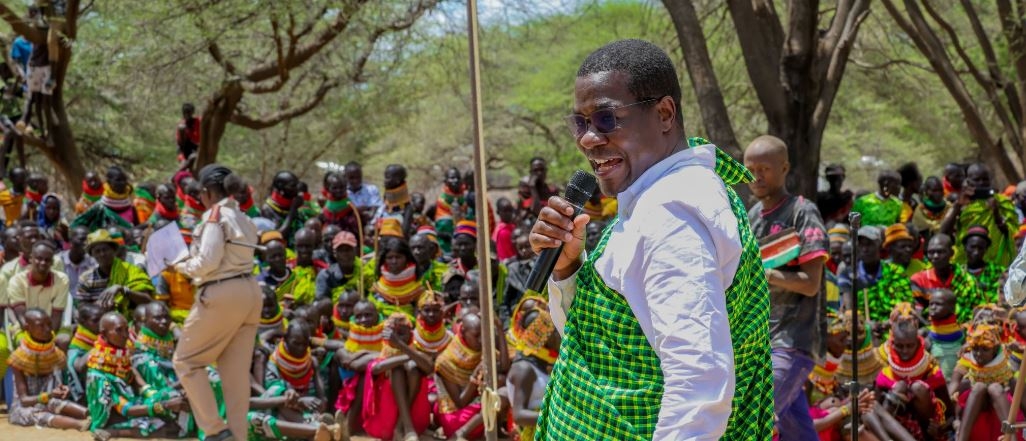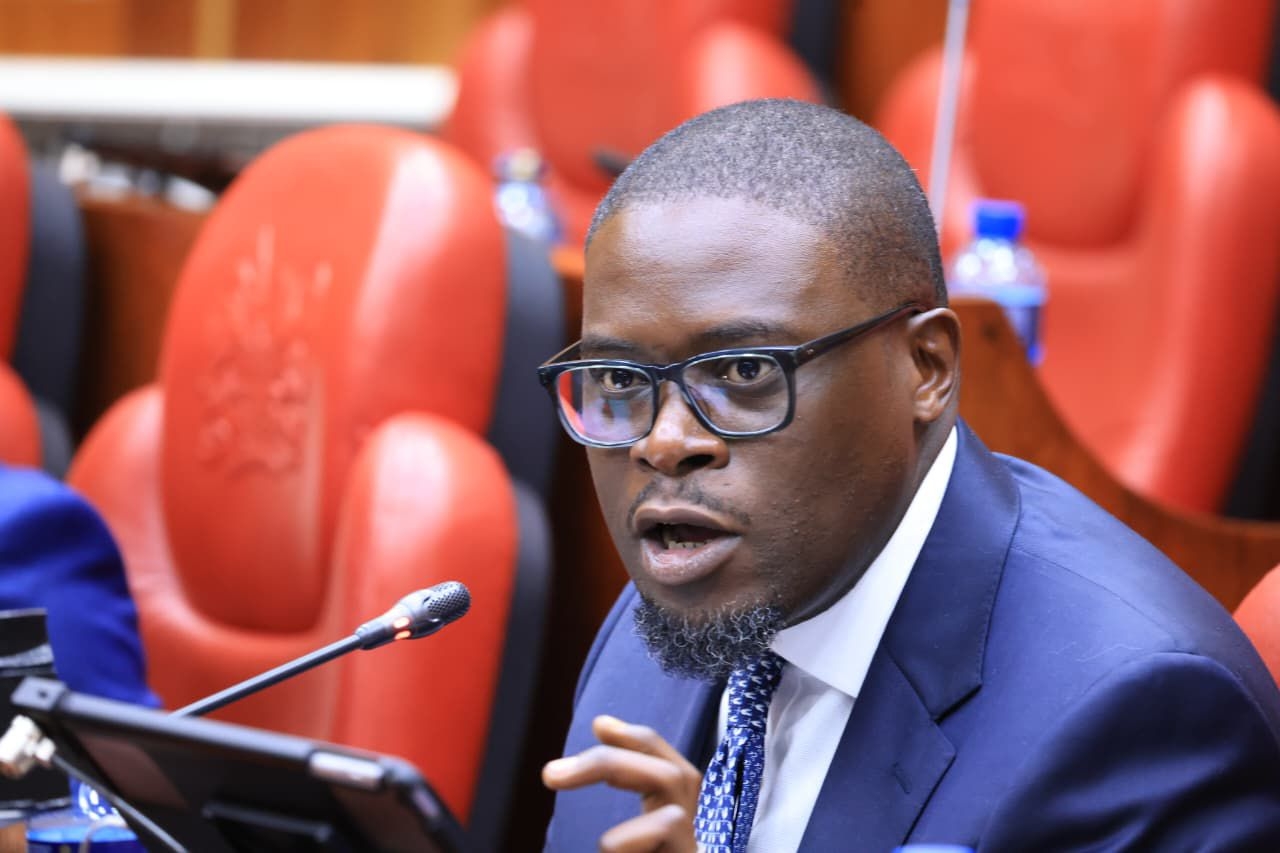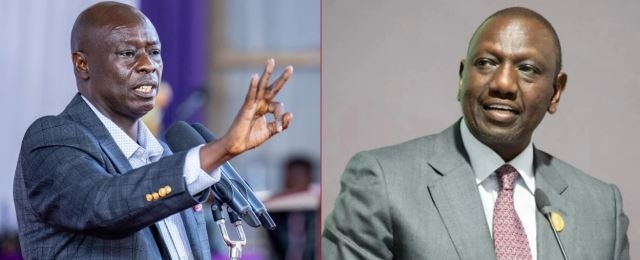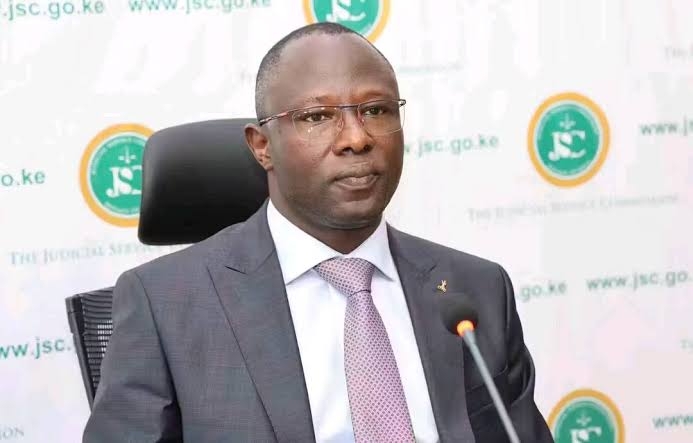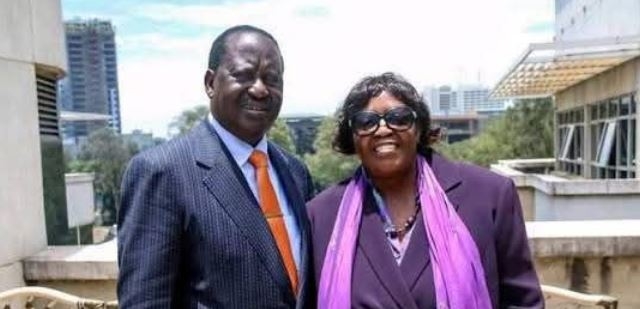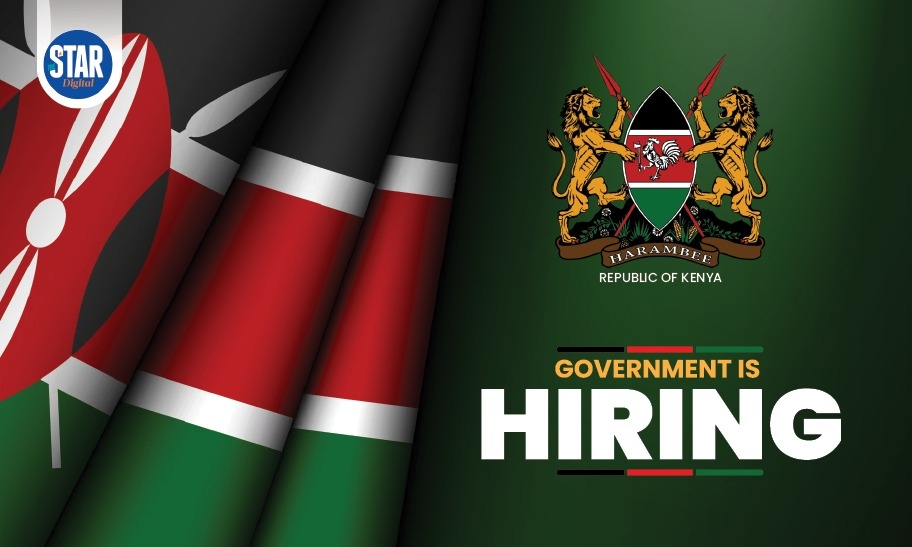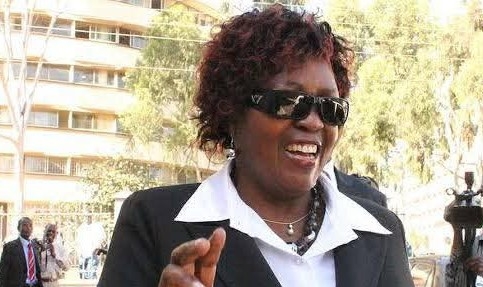Drugs and substance abuse usually become a topical issue in the coastal region around the electioneering period.
In a bid to address this pervasive issue, some Mombasa leaders are emphasizing the need for a continuous and unwavering commitment to the war on drugs.
They caution against exploiting this critical matter for political gain, urging politicians to refrain from using it as a campaign tool.
Governor Abdulswamad Nassir took a decisive step on Monday by ordering a crackdown on bars and liquor stores located within a 150-metre radius of educational and religious institutions.
“We are not going to allow bars to continue operating near the schools and our places of worship,” Nassir said.
This move coincided with ongoing legislative efforts by the Mombasa County Assembly to prohibit the presence of bars, liquor stores, and Muguka and Miraa (khat) outlets near such establishments
On Thursday, Mombasa county assembly speaker Aharub Khatri confirmed that the Health committee has already begun drafting the motion, which will soon be presented to the assembly.
He criticised a faction of politicians in the region who have been exploiting the drug problem for personal advantage.
Khatri stressed that the issue of drugs has been wielded by politicians in the area to engage in divisive rhetoric, accusing one another of negligence in combating narcotics.
"We must put an end to these political games. Instead of waiting for the campaign period to hurl insults and make baseless accusations against fellow leaders, accusing them of complicity in the drug menace, we should unite against this common threat," Khatri said.
Khatri further emphasized the need for the national government to demonstrate the same level of dedication in fighting the drug problem in Mombasa as it has shown in combating alcoholism in the central region.
He commended the Mombasa leadership for actively spearheading the fight against drugs in the area.
Governor Nassir, his deputy Francis Thoya, and Khatri led a peaceful procession on Monday, joined by hundreds of Mombasa residents, to commemorate the International Day Against Drug Abuse and Illicit Trafficking.
Nassir, while stipulating that bars and liquor stores should not operate within a 150-metre radius of educational and religious institutions, called on the region's security apparatus to enhance their efforts.
He said security agents have to some extent failed the people of Mombasa in the collective war against the drug menace, and residents had started to lose faith in them.
Nassir urged the police to publish a report detailing the number of drug traffickers and kingpins they have apprehended and successfully prosecuted
“As the Governor of Mombasa, I seat in the county security council. I am demanding that the police publish a report on the number of barons and traffickers they have managed to arrest and successfully prosecute,” he said.
He stressed the importance of targeting major drug traffickers instead of solely focusing on low-level peddlers and users.
The comments from Nassir and Khatri came at a time when Mombasa county assembly is working on legislation to ensure that bars and Muguka bases are not allowed near schools, churches and mosques.
Once enacted, the proposed legislation will provide the county Trade Department with a framework to regulate the licencing of traders seeking to establish liquor bars and Miraa outlets in Mombasa.
Khatri said that the implementation of this law will foster a more conducive environment, shielding children from drugs that imperil the future of Mombasa's youth.
“It is a pity that as our children walk out of school, they come across bars, miraa and muguka kiosks right outside their schools’ gates. It is also sad that as people try conducting prayers in their places of worship, they have to compete with loud music from bars,” he said.
The Health Committee of the Mombasa County Assembly, chaired by Bernard Ogutu, has drafted the motion.
While a similar motion was passed by the previous assembly, it was not effectively enforced.
Fatma Kushe, the deputy chair of the Health committee, confirmed that they are actively working on it and will resume its progress once the assembly reconvenes.
According to recent statistics from the National Authority for the Campaign Against Alcohol and Drugs Abuse (Nacada), approximately 100,000 individuals in the coastal region are affected by drug addiction, with an alarming 20,000 individuals resorting to injecting drugs such as cocaine and heroin.




